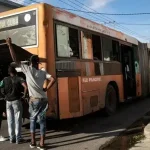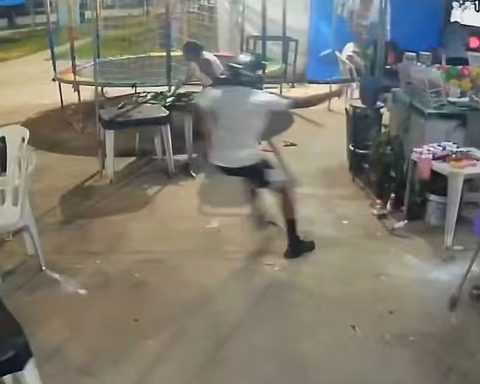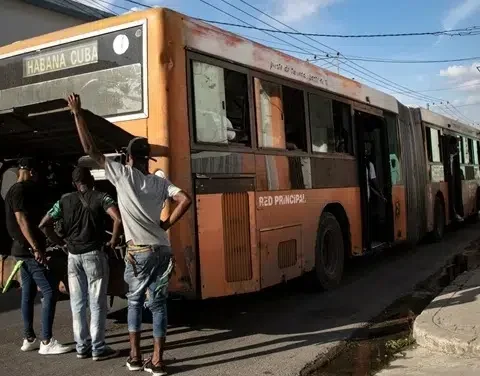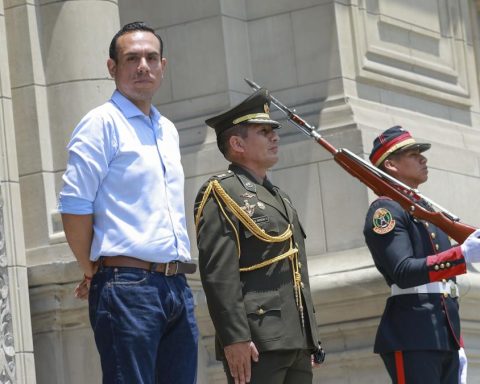In addition, there were 100 attacks, 23 kidnappings, 137 threats. From June 2023 to June 2024, the most violent month was last May, when 116 attacks occurred; 34 ended in murder.
The parties most affected by the wave of violence were Morena with 20 attacks, 13 murders, three kidnappings and two threats. It was followed by the National Action Party (PAN) with 27 threats, four attacks and six murders.
The Institutional Revolutionary Party (PRI) recorded six murders, eight attacks, 17 attempted murders and two kidnappings.
The Electoral Laboratory, led by Arturo Espinosa Silis, concluded that despite the level of violence experienced, political parties showed little interest in anticipating and responding to attacks that impacted their candidates.
The violence did not change any of the electoral results, as was evident from a review of the rulings issued in elections in which violence was reported.
“The parties filed various lawsuits against the results in the states of Chiapas, Michoacán, the State of Mexico, Oaxaca, among others,” according to the report, in which various types of violence were alleged.
“Repeated acts of violence by organized crime, violence during the day, violence at polling stations, generalized violence during the process, violence against members of the polling stations,” were some of the cases reported, but none led to any nullification of the election.
Abstentionism
Regarding the impact on citizen participation, the organization identified 17 municipalities where the highest number of attacks were recorded. On average, citizens reduced their voting levels by 7% compared to the 2018 elections.
Chiapas, where cases of violence against entire communities have been seen, is the one with the most municipalities with increasing abstentionism.
The most drastic drop was in La Concordia, Chiapas, where voter turnout dropped by 38.57%; in Benemérito de las Américas, Chiapas, it fell by 24.06%.

















